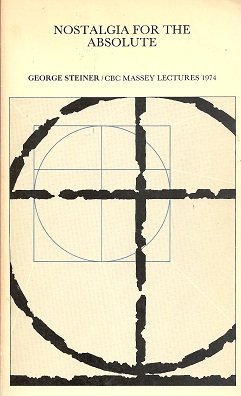What do you think?
Rate this book


61 pages, Paperback
First published January 1, 1974
We recognise in the history of Marxism each of the attributes [...] We have the vision of the prophet and the canonical texts which are bequeathed to the faithful by the most important apostle [...] We find a history of ferocious conflict between the orthodox heirs to the master and the heretics, an unbroken family of fission from the time of the Mensheviks to Trotsky and now to Mao. Each time (and this is the theological scenario) a new group of heretics breaks away; and it always says, look, we have the real message of the master; listen to us, the sacred texts have been corrupted, the Gospel is in our keeping; don't listen to the church at the centre. How familiar all this is to students of the history of Christianity. Marxism has its legends [...] Marxism has its vocabulary. Marxism has its emblems, its symbolic gestures, just like any transcendent religious faith [...] It offers a complete explanation of man's function in biological and in social reality. Above all, it offers a contract of messianic promise concerning the future.
The truth, I believe, does have a future; whether man does is much less clear. But I cannot help having a hunch as to which of the two is more important.